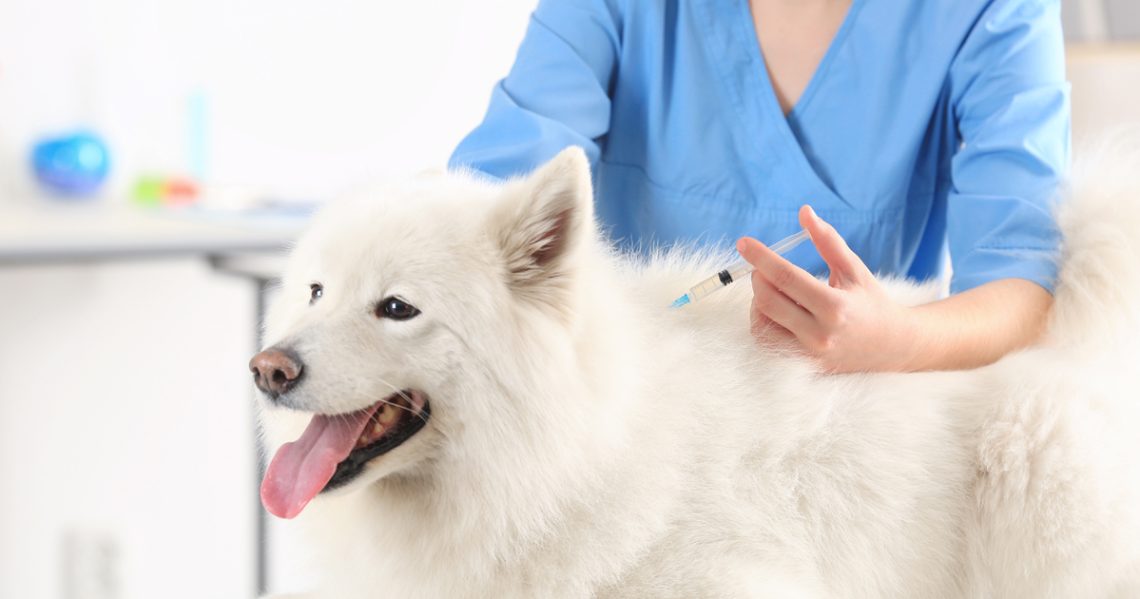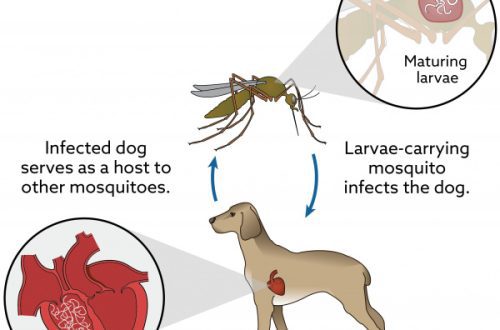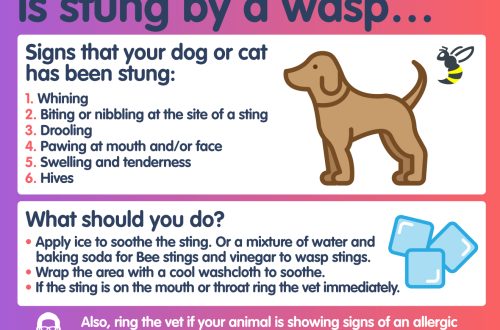
நாய்களுக்கான காய்ச்சல் தடுப்பூசி: நீங்கள் தெரிந்து கொள்ள வேண்டியது
According to the Centers for Disease Control and Prevention (CDC), canine flu is a relatively new disease. The first strain resulting from a mutation in equine influenza was reported in 2004 in beagle greyhounds. A second strain, identified in the US in 2015, is believed to have mutated from bird flu. So far, cases of canine flu have been reported in 46 states. Only North Dakota, Nebraska, Alaska and Hawaii have reported no canine flu, according to Merck Animal Health.
A dog with the flu can feel just as bad as a person with the virus.
Symptoms of canine flu include sneezing, fever, and discharge from the eyes or nose. The poor thing can also develop a cough that lasts up to a month. Although sometimes pets get very sick with the flu, the likelihood of death is relatively low.
Luckily, dogs and people can’t get the flu from each other, but unfortunately, the disease is easily passed from dog to dog. The American Veterinary Medical Association (AVMA) recommends isolating dogs with influenza from other animals for four weeks.

Prevention: dog flu vaccination
There are vaccines that help protect against canine flu strains. According to the AVMA, the vaccine works in most cases, preventing infection or reducing the severity and duration of the disease.
Unlike the rabies and parvovirus vaccines, the flu shot for dogs is classified as non-essential. The CDC recommends it only for pets that are highly social, that is, pets that travel frequently, live in the same home with other dogs, attend dog shows, or dog parks.
Vaccination is recommended for such socially active pets, as the virus is transmitted by direct contact or through nasal secretions. A pet can become infected when an animal nearby barks, coughs or sneezes, or through contaminated surfaces, including food and water bowls, leashes, etc. A person who has been in contact with an infected dog can accidentally infect another dog by passing the virus through contact with last.
“Influenza vaccination may be beneficial in dogs vaccinated against kennel cough (Bordetella/parainfluenza) because the risk groups for these diseases are similar,” the AVMA report says.
Merck Animal Health, which developed the USDA-approved Nobivac Canine Flu Bivalent canine flu vaccine, reports that today 25% of pet care facilities have included canine flu vaccination as a requirement.
North Asheville Veterinary Hospital explains that the canine flu shot is given as a series of two vaccines two to three weeks apart in the first year, followed by an annual booster. Vaccinations can be given to dogs aged 7 weeks and older.
If the owner thinks that the dog needs to be vaccinated against canine flu, a veterinarian should be consulted. It will help determine the likelihood of contracting this virus and understand whether vaccination would be the right choice for a four-legged friend. Also, as with any vaccine, the dog should be observed after vaccination to ensure there are no side effects that should be reported to the veterinarian.
மேலும் காண்க:
- The dog is afraid of the veterinarian – how to help the pet socialize
- How to trim your dog’s nails at home
- நாய்களில் இருமல் ஏற்படுவதற்கான காரணங்களைப் புரிந்துகொள்வது
- கருத்தடை பற்றி நீங்கள் தெரிந்து கொள்ள வேண்டிய அனைத்தும்





